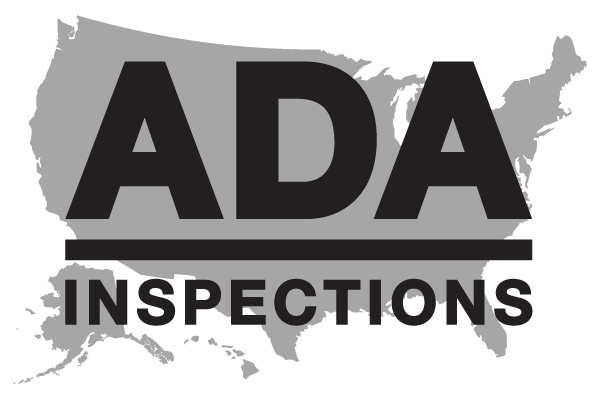DOJ Statement of Interest for ADA Compliance on Hotel Bed Heights
DOJ Logo
The US Department of Justice (DOJ, Department) filed a Statement of Interest in a lawsuit in the Western District of Pennsylvania to clarify that where an alleged barrier—the height of a hotel bed—is not addressed by the Americans with Disabilities Act (ADA) Standards, the ADA’s general non-discrimination provisions still apply, including making reasonable modifications where necessary to provide goods and services to people with disabilities. The lawsuit, Migyanko v. Aimbridge Hospitality, LLC, alleges that the world’s largest third-party operator of hotels provides hotel beds that are too high for individuals who use wheelchairs or other mobility devices to transfer into them.
Plaintiff, on behalf of a proposed class of individuals with disabilities who use wheelchairs or other mobility devices, alleges that Defendant, Aimbridge Hospitality, has violated Title III of the ADA, 42 U.S.C. §§ 12181-12189, by denying equal access to its hotel rooms. Specifically, Plaintiff alleges that many of Aimbridge’s hotel rooms have beds that are too high for guests with disabilities to transfer onto from a wheelchair. Plaintiff explains that it can be virtually impossible for a wheelchair user to independently transfer from a wheelchair onto the bed surface because of the difference in height of a typical wheelchair (18-20 inches) and that of increasingly high hotel bed surfaces (25-30 inches or higher).
Aimbridge argues that because its hotel rooms comply with the ADA Standards, Plaintiff’s general allegation of unequal access fails to state a claim under the ADA. More specifically, Aimbridge states that because the ADA Standards do not address the height of hotel beds, Aimbridge has no ADA obligation to provide Plaintiff with a lower bed.
The DOJ respectfully submits this Statement of Interest to clarify the application of the ADA where the alleged barrier does not implicate, and is not addressed by, a specific provision of the ADA Standards. In such cases, a public accommodation’s obligations are governed by the ADA’s general nondiscrimination provisions, including the requirement to make reasonable modifications where necessary to provide the public accommodation’s goods and services to people with disabilities. 42 U.S.C. § 12182(b)(2)(A)(ii).
Here, the parties agree that the ADA Standards do not address or impose specific requirements for hotel bed height. But contrary to Defendant’s assertion, this is not the end of the analysis. Rather, it is just the first step. Indeed, the Department discussed this very issue in an appendix published with its 2010 revisions to the ADA regulations, explaining that hotels may need to make reasonable modifications to ensure that their beds are usable by people with disabilities. See 28 C.F.R. § 36, App. A, at 884 (2020).
In the absence of specific requirements for bed height, hotels have some degree of flexibility in making reasonable modifications to provide usable beds for a person with a disability. This flexible standard is inherently fact-specific. For example, some hotels might be able to use a combination of lower profile mattresses, box springs, and bed frames to lower the beds permanently in some of their rooms. Or, some hotels could perhaps provide lower beds upon request in a room by using rollaway beds, removable bed frames, adjustable height bed frames, or bed frames on removable risers. Such flexibility could allow hotels to continue to use higher beds for guests that prefer them, if they so choose.
SUMMARY: This Statement of Interest makes it clear that DOJ will seek to enforce the ADA Standards in cases that are not clearly delineated in the ADA Standards. Even though an element or installation in a Title II or Title III facility is not specifically included in the ADA Standards, the DOJ will still apply the ADA’s general nondiscrimination provisions, including the requirement to make reasonable modifications where necessary to provide the public accommodation’s goods and services to people with disabilities. See DOJ Position on ADA Compliance.
Article was revised December, 2021.


